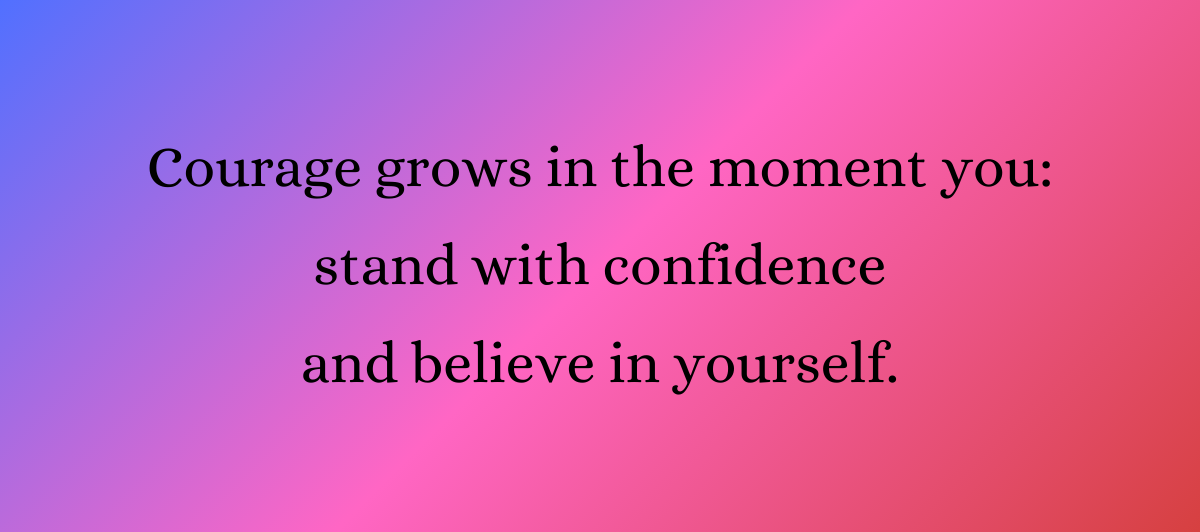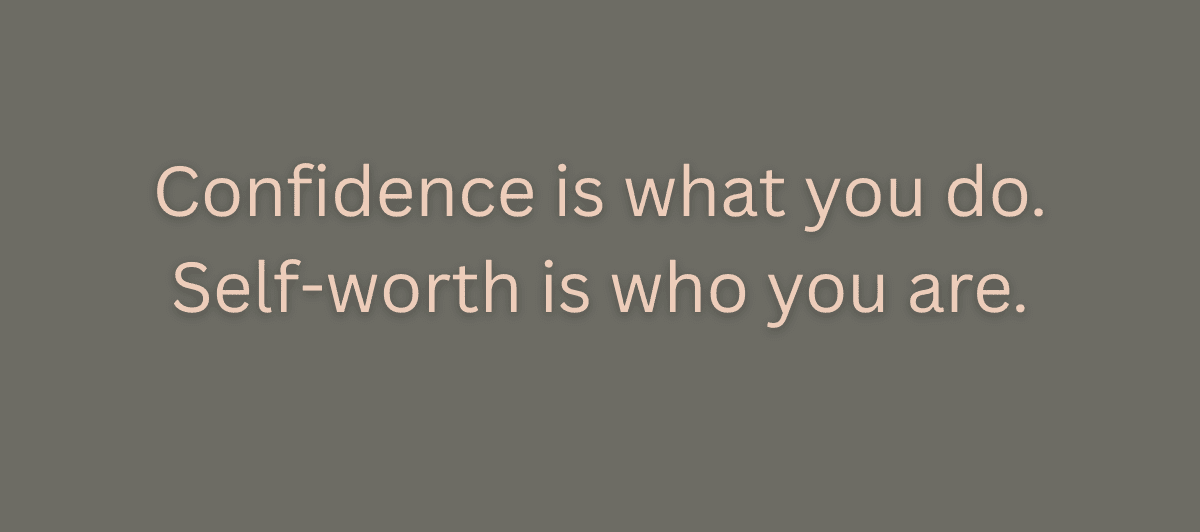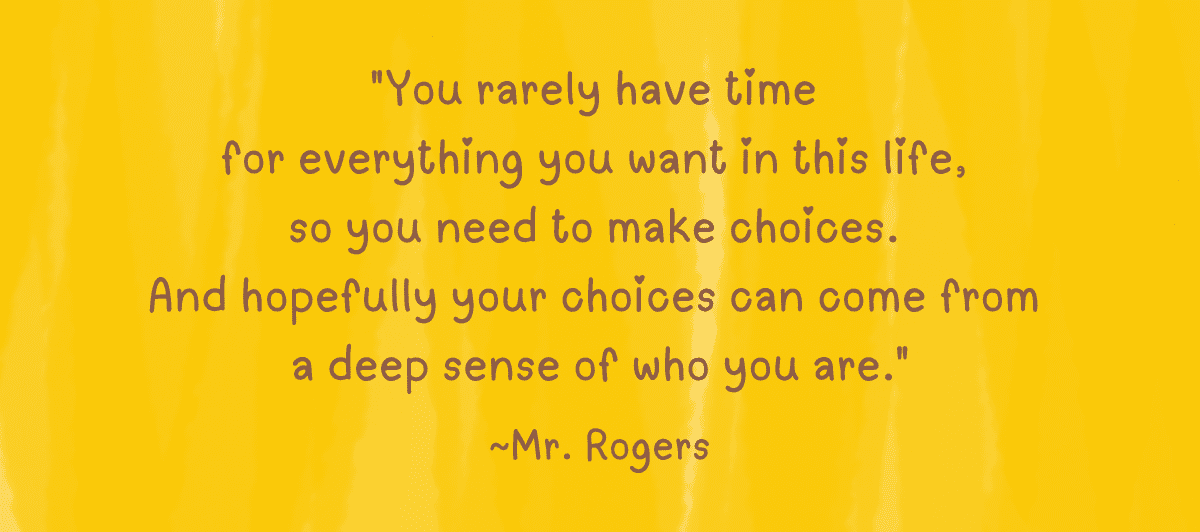
Mindset Phrases for Kids That Work
We all want our kids to feel confident and capable.
Sometimes we tell them things like believe in yourself, try harder, or be more determined and they’re left thinking, OK… but how do I actually do that? That’s where mindset phrases for kids come in – simple, usable words that help strengthen their inner voice when they need it most.
Anytime – before school, during homework, in the car, or when emotions start to take over – have them pick one phrase to say:
- I can do hard things.
- I’ve got this.
- I am determined.
- I will find a way.
- I am calm and focused.
Think of these as mindset mini-workouts. Quick, simple, powerful. Each time they say one, their inner voice grows stronger.
Make it playful – robot voice, superhero voice, opera singer voice or even a silly family chant. The more fun I make it, the more my son actually dives in and repeats the very mindset phrases for kids I want him to use.
This is what I know: You’re not just cheering them on – you’re giving them a mindset tool that helps them rise through any moment.
For more tips on resilience, mindset and everyday ‘life stuff’ follow me on Instagram
Until next time…











